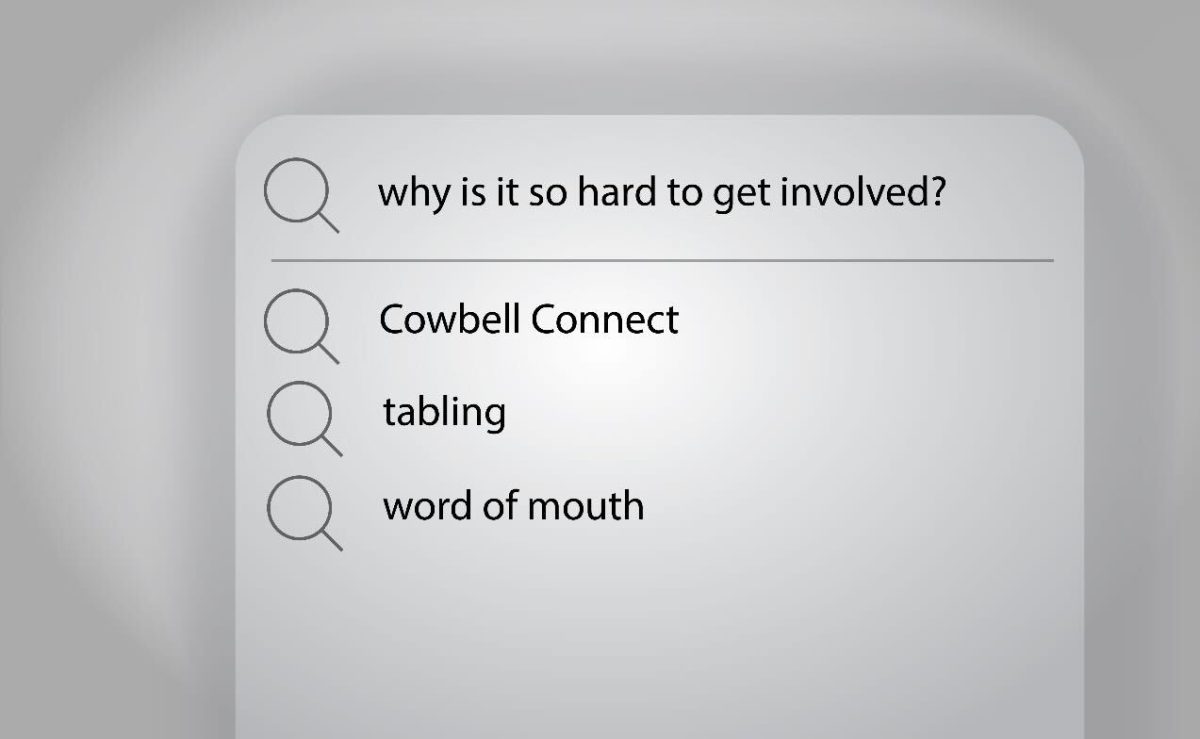I recently fell victim to the endless boredom that leads to pointless, mindless scrolling on Snapchat. Usually, tapping through stories just leads to more boredom, but this time something caught my eye.
Amid the sunset pictures and cat photos, I came across a post by an old high school acquaintance.
“It took our food almost an hour to come out, so I tipped the server one cent,” read the caption which was paired with the overused and hardly unironic, laughing emoji.
As a server myself, I was enraged by this post. Grossly disrespecting the people who serve you and then bragging about it is bad enough, but assuming the server cooked your food is just as ignorant.
If you have never worked in a restaurant, you may not understand the effort, time and energy your server puts into ensuring you have a good dining experience.
However, there is a much deeper issue that goes further than the controversial tipping culture. The fact is, servers rely on your tip to leave with any substantial wage at all. Honestly, as a server $2.13 is not enough to feed myself. Still, with that hourly wage, I am expected to feed any customer that walks through the door.
Servers are not just bringing food from the kitchen to your table. They are in charge of maintaining a clean restaurant, keeping orders organized and staying on top of every customer’s needs.
As a server, it can be challenging to cope with the instability that comes with working in the restaurant industry. On busy days, like game days, the restaurant might be packed, and I can make enough in one night to cover my bills. But on a rainy Tuesday afternoon, I might leave with just $10 in cash and a barbecue stain on my shoes. It is a gamble based on your schedule and how many families choose to order a pizza instead.
From my experience and research, most servers live at or below the poverty line and have to survive paycheck to paycheck. A 2014 study by the Economic Policy Institute found that two out of five restaurant workers with a median pay of $10 an hour live below the poverty line. This is still nearly $8 more than what servers in Mississippi make hourly.
In a city like Starkville, a lot of servers are either working in tandem with a full class schedule or working multiple jobs to maintain a living wage. Unfortunately, a college town also comes with a younger demographic of clientele. Though this group goes out to eat more frequently than others, they are also known to tip less.
If servers were offered a higher wage, I along with other servers might be more inclined to work harder and serve with more enthusiasm. Additionally, a higher wage would attract a more experienced and committed workforce. Harvard Business Review reports that increased wages are linked to high employee productivity. Job satisfaction and employee morale are two important aspects of how a hospitality business runs. The attitude of the employee is directly linked to how good the service is.
In a country where hard work is supposed to lead to financial security, it is unacceptable that so many servers struggle to make ends meet. If nothing else, I hope someone who may not be a good tipper may realize they have a few dollars to spare next time they go out to eat, at least for the sake of their server.




























































































